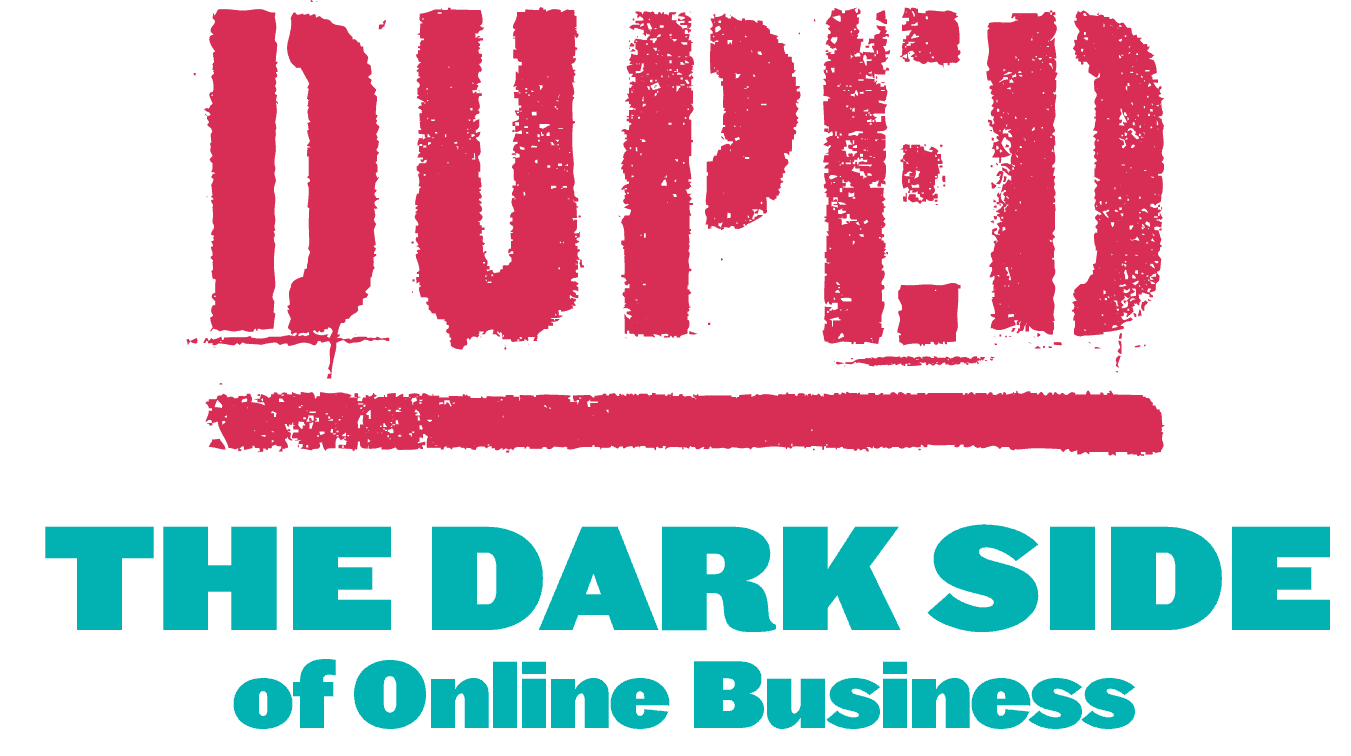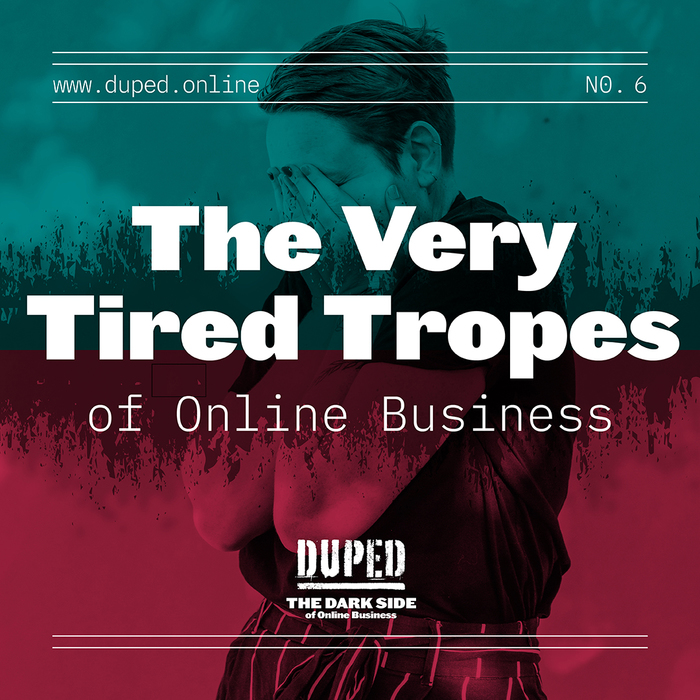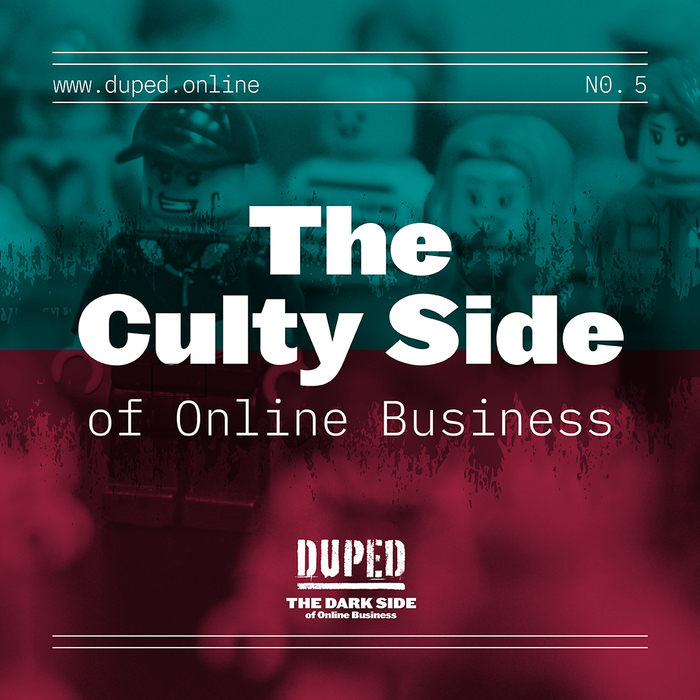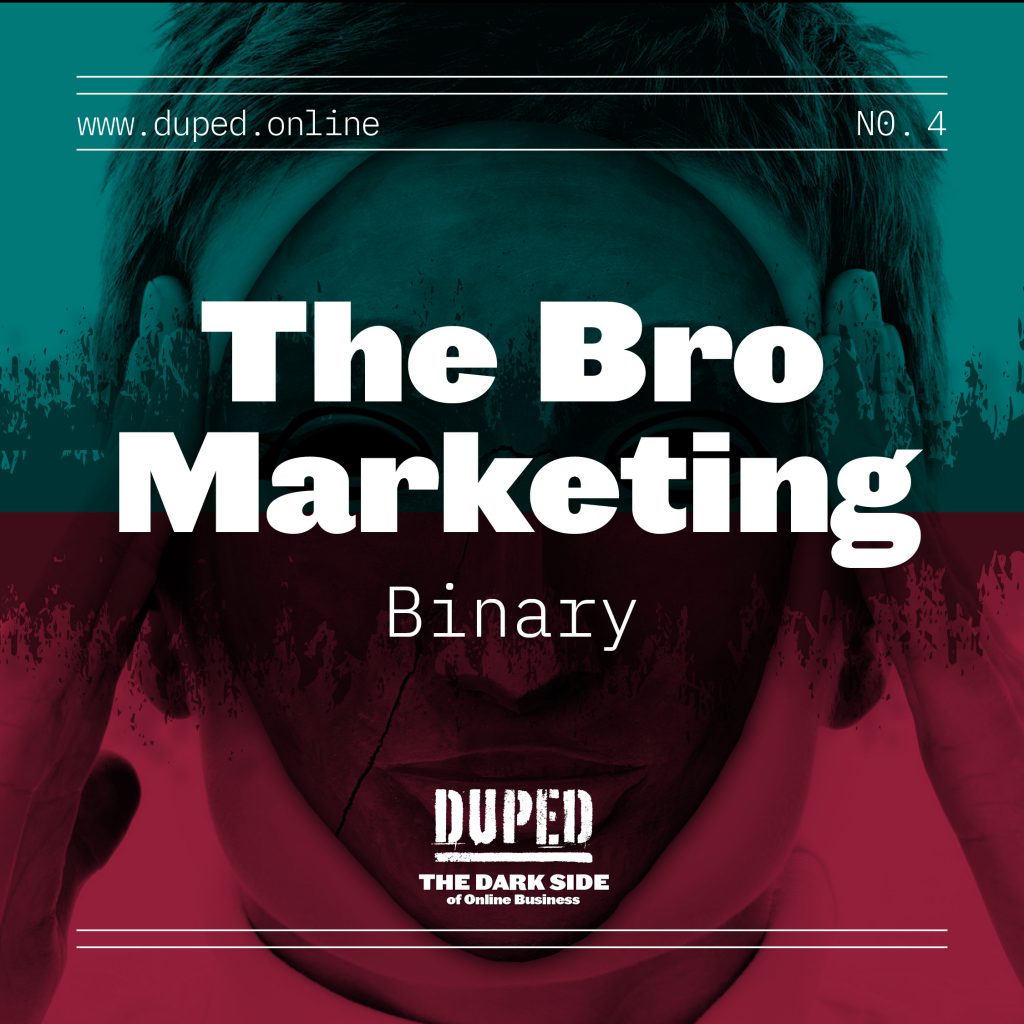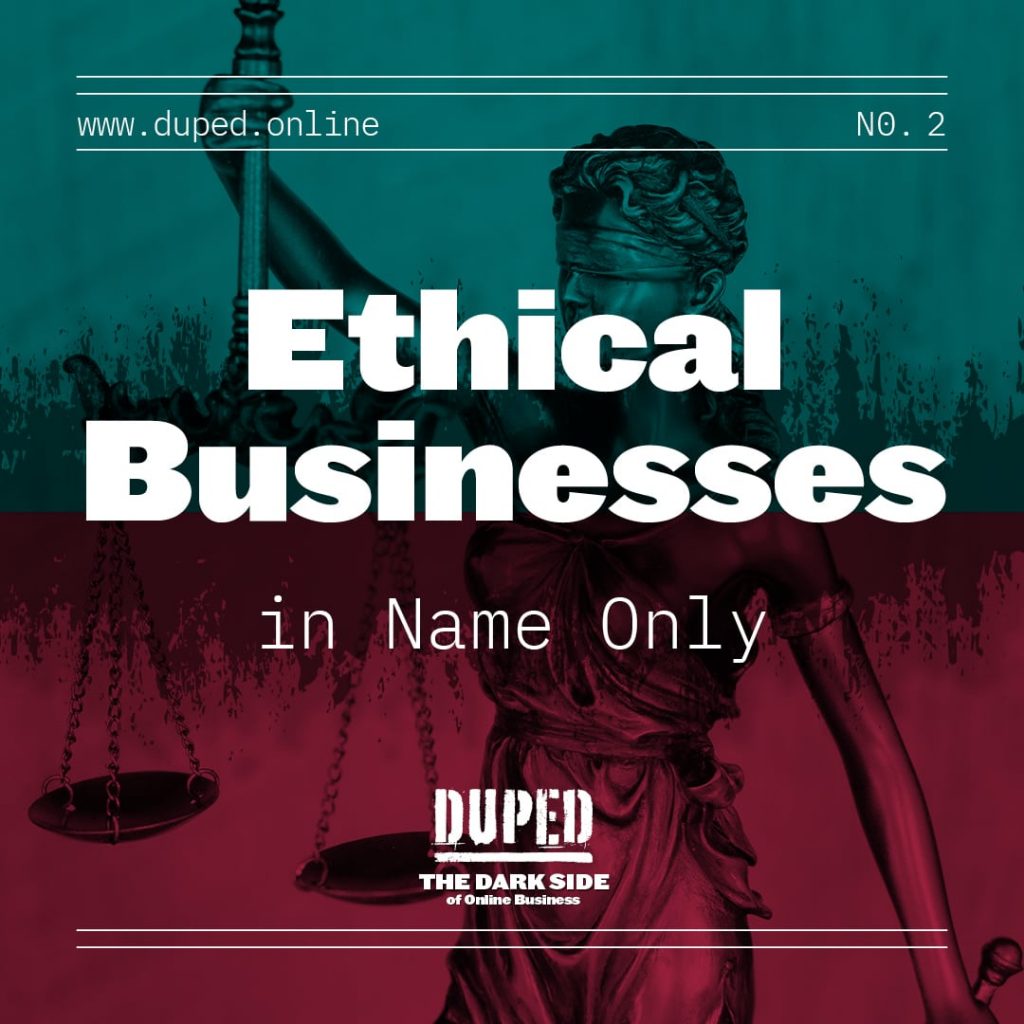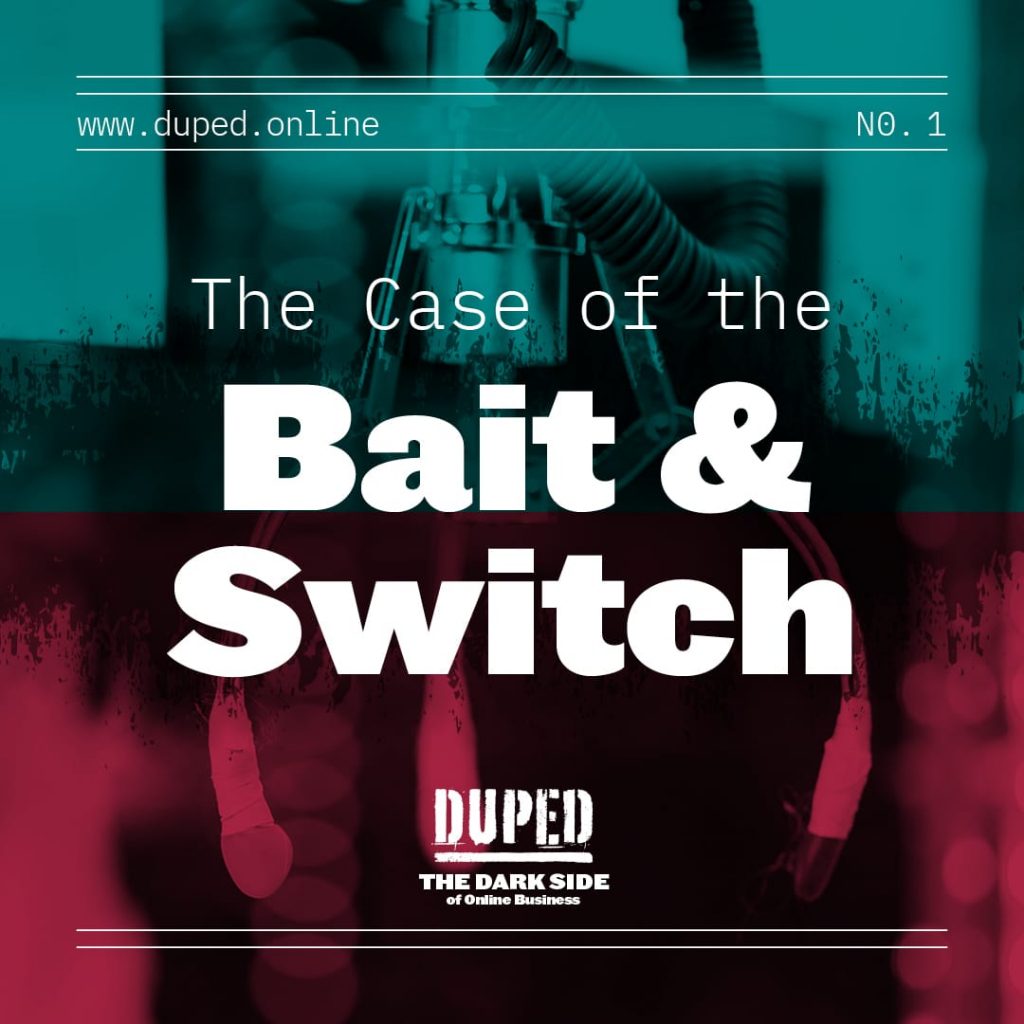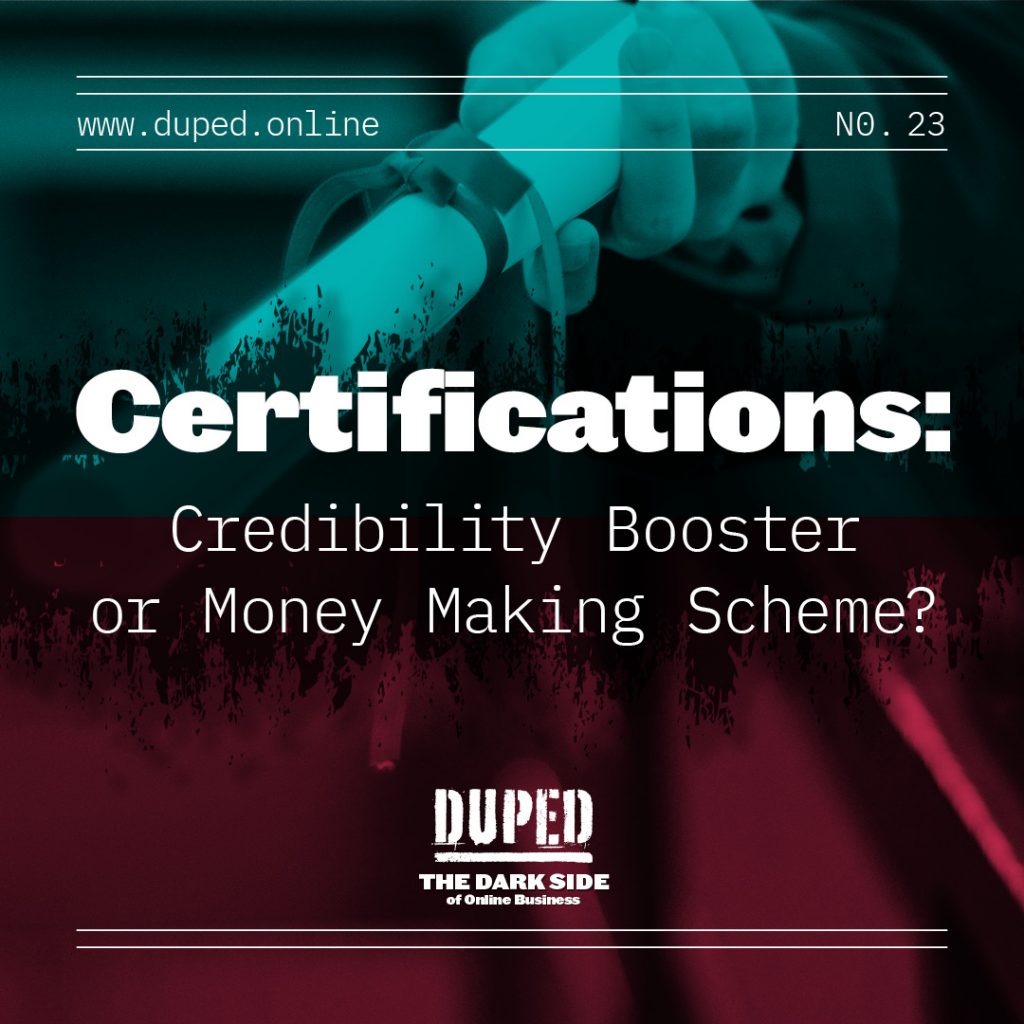
Certifications: Credibility Booster or Money Making Scheme?
Everywhere you look people are selling certifications. There are certifications for life coaching, business coaching, marketing, messaging, oracle cards, and more. But are certifications the real deal that can help you build your business or just another money-making grift?
You’re about to find out on this episode of Duped.

Why Do People Enroll in Certification Programs?
The major reason people enroll in certification programs is that they think the program will give them new mastery of the skills they need.
They also do it for the credibility boost because having that badge on your website is credibility building as a certification signal that you know your stuff.
But do these certification programs really give you the mastery and credibility you seek or are they just another money grab?
To answer that question we have to understand what a certification is — and is not.
What are Certifications, Really?
We are about to dive into some really geeky academic waters, but we think it’s important to understand what a certification program is in the real world (not in online business).
From Bestcolleges.com “Simply put, a certificate is evidence of education, while certification is evidence of passing an exam or meeting industry standards. Because certifications are often issued by national organizations, they are standardized.”.
From the University of Virginia School of Continuing and Professional Studies. There’s a huge difference between a certificate and a certification.
| Certificate | Certification |
| Result of an educational process | Result of an assessment process |
| For newcomers and experienced professionals | Typically requires experience |
| Indicates completion of a course or series of courses with a particular focus | Indicates mastery/competency measured against a standard – usually by exam |
| Course content set through academic process | Standards set through an industry-wide process |
| Usually listed on a resume detailing education | Typically results in a designation to use after one’s name (CPA, SPHR, PMP) |
| Demonstrates knowledge of course content | Often has ongoing training requirement (C.E.U.s) |
| Gateway to a degree | No relationship to attaining higher education/degree |
A certification in its truest sense is about mastery of a skills, requires experience, there’s an industry-wide process that determines who gets certified and who doesn’t.
Example of a Real Deal Certification
Let’s take a look at one that is legit: the National Speakers Association (the NSA) offers a certified speaking professional certification. Now, Michelle is not a fan of the NSA but since they are the industry association of speakers, their certification process is one to look at:
Phase 1: Entails the Enterprise or Administrative phase and includes a review of the following areas: Completion of the requisite number of presentations during five of the last 10 years, the necessary income levels derived from these presentations, and verification of your presentations.
Phase 2: Gathers information and assessments from a minimum of 20 external reviewers/clients who will independently complete an online and standardized evaluation of your speaking presentations.
Phase 3: A confidential evaluation of your video submission(s) by several internal reviewers who currently hold the CSP designation and who will independently complete an online and standardized evaluation of your video.
Phase 4: The final decision and vote by the NSA Board of Directors.
There is debate whether the CSP designation holds any weight outside of the NSA, but to meeting planners who book speakers – this means you know your shit and are a pro speaker so it can give people a leg up.
What Most Online Business Certifications Look Like:
We’ve both looked at countless sales pages for certifications. Here’s what we noticed:
- Online course component
- Some have prerequisites that you buy all of their other digital courses
- Usually some support in the form of group calls or a community
- Assessment of some type (open book, can retake it)
- Typically not a practicum (some do have a practicum)
- Become an affiliate for their other programs – earn 50% commission
- Ongoing annual fee to maintain your certification
- There’s a badge for your website/Get featured on their website
What we’d like to note is that there’s no industry-wide standard – life coaching is a great example. CBC Marketplace investigative report the reporter took the certification test while shopping and she didn’t do the course work. She failed the first time but passed the second time. The ICF their associate coach certification is 60+ hours of training and 100+ hours of practicum. The quality of the training and the coaches produced varies widely.
The certification may not indicate mastery but instead education in the form of an online course (yikes), Buyer beware. Most certification programs are actually certificate programs at best.
If the certification is not meaningful to the people outside of your industry, it’s not going to be the credibility-building asset you hoped for.
Certifications: Credibility Boost or Money Making Scheme?
The answer is it depends. But if you’re considering enrolling in a certification there are a few things to think about:
- Ask yourself: Is there an industry-wide standard or a national/international association setting the standard for what it takes to get the certification? If not, then it’s possible that this certification is just a certificate program.
- Is the material skewed toward education without application? Certification is about gaining mastery over a skill. It’s hard to do that without the application of the skill in the real world.
- Do people outside your industry recognize that certification as highly coveted and valuable? In order for it to boost your credibility, the people who hire you need to see it as valuable.
Links for this episode:
Join the

Patreon
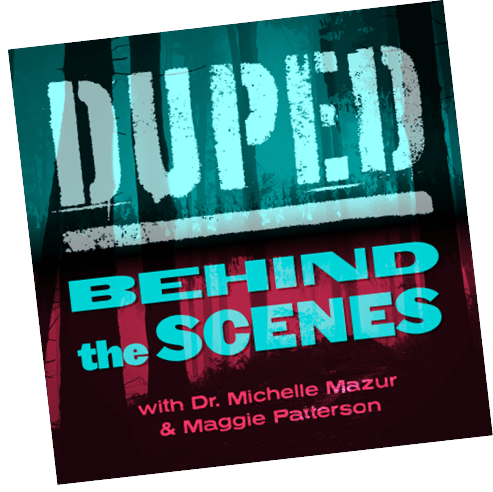
for only $7/month and get a
monthly bonus episode,
behind-the-scenes content
and more.
Recent Episodes of Duped
- « Previous
- 1
- …
- 4
- 5
- 6
